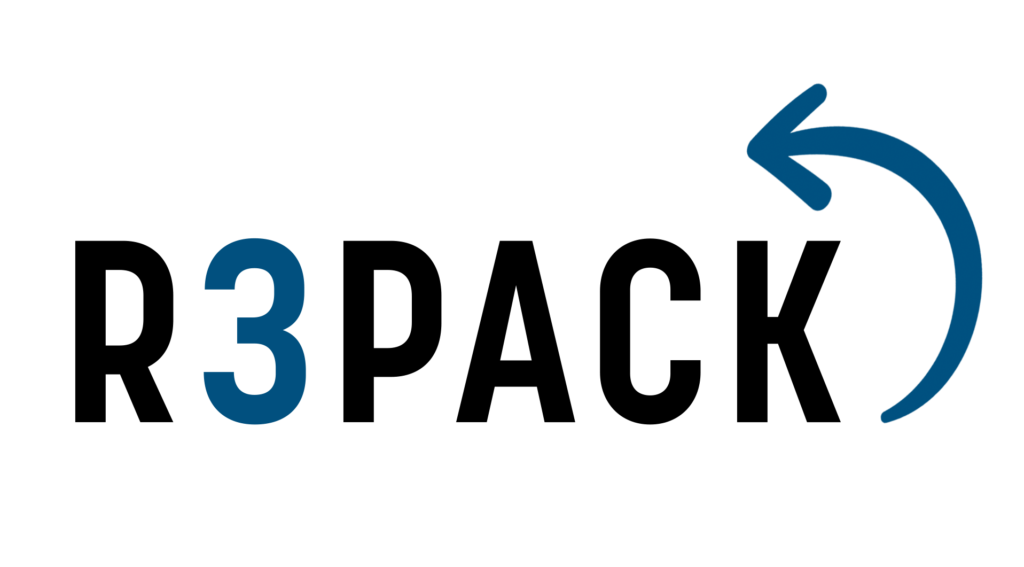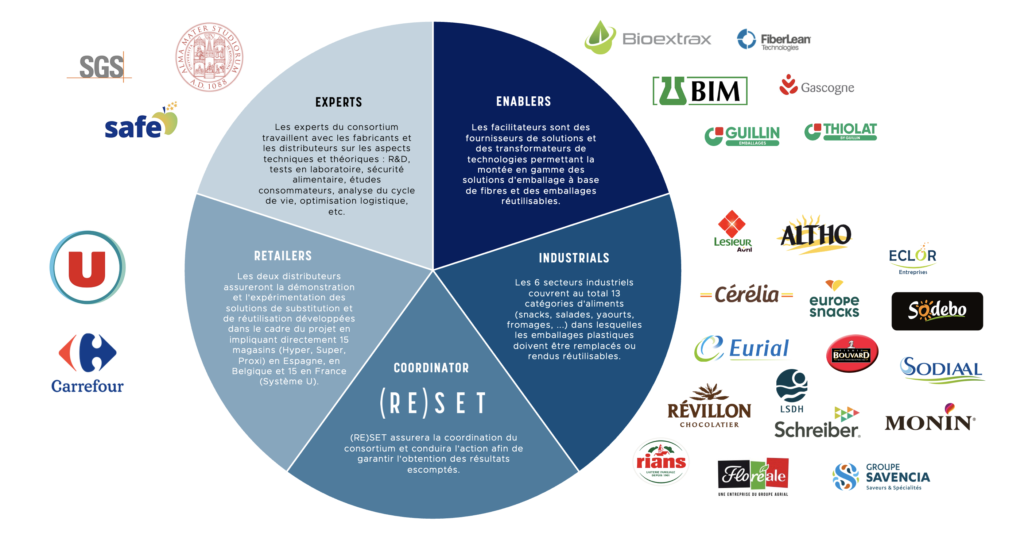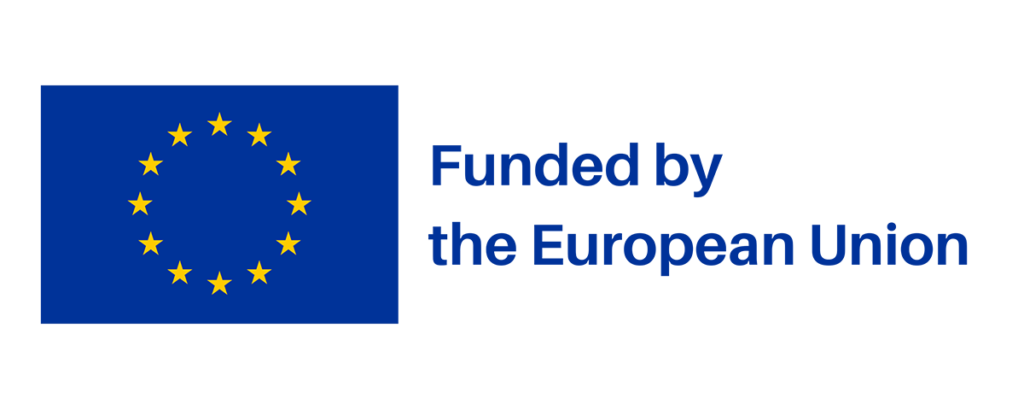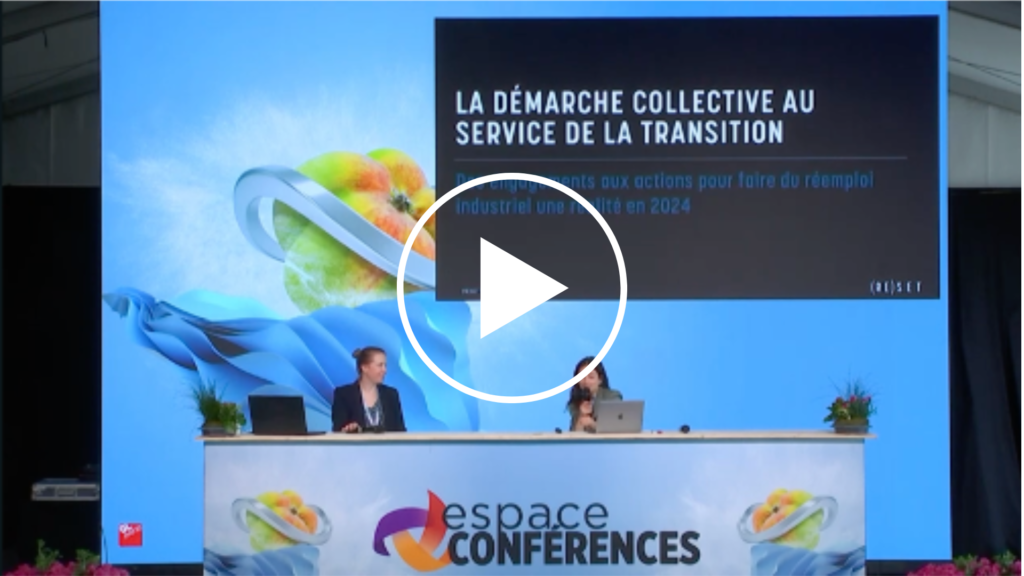
REDUCE, REUSE, RETHINK PACKAGING
THE MISSION :
« REVOLUTIONISING SUSTAINABLE PACKAGING »
The Horizon Europe project aims to tackling the challenge of revolutionizing sustainable packaging in alignment with the Green Deal’s objectives - carbon neutrality by 2050 and economically viable, 100% reusable or recyclable packaging in the EU market by 2030.
From 2022 to 2025, the 24 partners' goal is to secure a fast and extensive uptake of industrially relevant, cross-sectorial, cost-effective innovative technologies allowing for the immediate substitution of complex multilayer plastic packaging with high performing fiber-based packaging.
These innovations will be deployed in parallel to economical, industrial and environmental optimisation of reuse schemes demonstrated at large scale.
TO WATCH
Our last conference on R3PACK
R3PACK PARTNERS
























WHY R3PACK?

36%
of solid waste in EU cities stems from packaging (Ellen MacArthur, 2017)

14.4Mt
of microplastics have found their way to the bottom of the world’s oceans (Barrett et al., 2020).

71%
of consumers believe that manufacturers, industrials and brands are primarily responsible for reducing packaging (Citeo, 2020)

75-112 Bn
of plastic packaging material is lost to the economy each year (Ellen MacArthur, 2017).

450 years
is the timeframe needed for plastic to decompose in a landfill (DHL Trend Research, 2019).

41%
of plastic packaging is recycled across Europe (Eurostat, 2019)
R3PACK ACTIONS
The two drivers of the reduction of single-use plastic packaging are (1) the development of an industrially optimized reuse model and (2) the widespread use of fiber-based packaging solutions.
R3PACK focuses on these two levers to take concrete action.
REUSE
The EllenMacArthur foundation identified 4 models for reuse. R3PACK will focus on the "return on the go" model, implying that users return the packaging at a store or drop-off point.
Reuse models were abandoned about 50 years ago by most European countries which favored linear production processes instead.
The return to reuse models requires a complete overhaul of the current logistics system, a new design of packaging and standardisation of protocols in order to develop interoperable practices across the European Union.
R3PACK supports the optimization from an environmental, economic and social perspective of industrial reuse and its effective translation into successful and replicable business practices
REDUCE
Plastic is fantastic, thanks to its barrier properties it not only protects, but also increases the shelf life of produce. The industrial uptake allows a cheap and fast-paced production of plastic.
Switching to fibre-based packaging entails overcoming several technical challenges: finding the right technology combinations to functionalize the fibres, meeting barrier requirements (oxygen, water-vapor, grease, ...) securing the food safety and minimum shelf life.
The new solutions need to be adapted to existing industrial processes and be economically viable.
R3PACK will work towards the development of industrial, renewable, and primarily recyclable but secondarily compostable/biodegradable, fiber-based food packaging solutions.
OUR PARTNERS
The R3PACK consortium gathers 34 organisations from 7 different countries, bringing together key actors from the food value chain, from the packaging manufacturer to the retailer, combined with experts in the food sector from companies providing innovative solutions to Universities.

KEY DELIVERABLES

D7.1 - Communication, Outreach, Exploitation and Outreach Plan

This project has received funding from the European Union’s Horizon Europe Research and Innovation programme under Grant Agreement No 101060806.




